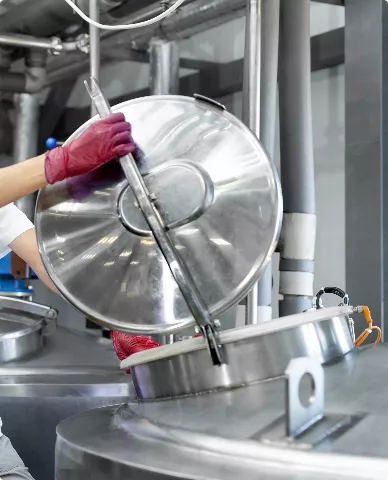Big Bags
Big bags are essential in the logistics of processed animal proteins, providing durability, capacity, convenience, safety, and palletization for efficient transportation.
Big bags, also known as bulk bags or FIBCs (Flexible Intermediate Bulk Containers), play a critical role in the transportation and storage of processed animal proteins. These bags offer numerous advantages that ensure the safe and efficient handling of these materials:
-
Durability: Constructed from robust woven polypropylene fabric, big bags are designed to withstand the rigors of handling and transport. Their durability ensures that the processed animal proteins remain secure and intact throughout the logistics chain.
-
Capacity: Big bags typically have a large capacity, holding around 1.1 tons of material. This significant volume capacity makes them ideal for transporting large quantities of processed animal proteins efficiently.
-
Convenience: Equipped with lifting loops and spouts, big bags are designed for easy handling and discharge. The lifting loops facilitate straightforward loading and unloading using forklifts or cranes, while the spouts ensure controlled and clean discharge of the contents.
-
Safety: The design and materials of big bags protect the contents from contamination and environmental factors, ensuring that the processed animal proteins are transported safely. The secure construction minimises the risk of spillage or exposure to contaminants.
-
Palletization: For added stability during transit, big bags are often placed on wooden pallets. Palletization not only enhances the stability of the bags during transport but also simplifies handling and stacking in warehouses and storage facilities.
Big bags are crucial for the safe and efficient transportation of processed animal proteins. Their robust construction, large capacity, and convenient features ensure that the product integrity is maintained throughout the logistics process, from the processing plant to the final destination.






